Elegant clutch with leather wristlet.
It has a cotton lining and closes with a zipper.
Material : recycled plastic on cotton warp
Size : Approximately 11″ L x 5.4″H
Our recycled plastic bag products are handwoven on the backstrap loom in a small community in the department of Solola. The process represents the marriage of traditional and modern; an ancient technology being applied to solve a contemporary environmental problem. Aware of the importance of reducing plastic waste in Guatemala, Mayan Hands weavers use discarded plastic bags from their communities and the landfill to create eco-friendly products.
The women collect, clean and sanitize the plastic bags, which in Guatemala come in all colours of the rainbow. They cut the bags into narrow strips, then weave the plastic “yarn” on the traditional backstrap loom. The resulting sturdy, colourful fabric is then assembled into these trendy accessoires. Each newly crafted product is delightfully unique, a synthesis of the weaver’s creativity and the unpredictable availability of plastic colour.
For pictures of the production process, see under IMPACT.
| Weight | N/A |
|---|---|
| Color | Black, Blue, Brown, Orange, Pink, Purple |
“Our Grandmother, the Moon, taught the first woman to weave on a backstrap loom more than 3000 years ago”. Among many Maya groups, womes still experience Our Grandmother coming to them in their dreams and teaching them this complicated art form.
Through the centuries, using the backstrap loom, Maya weavers have clothed their families and themselves and brought an income to their households. Maya weaving became an instrument to resist being absorbed totally into the oppressive societies that invaded and took over their territories. Women were able to weave into their cloth esoteric symbols of their culture to survive even under strict surveillance of the conquerors. Transmitting this gift to their daughters and granddaughters, they were able to maintain the connection and commitment to the vision of their ancestors. Weaving on the backstrap loom has been essential to the survival of Maya culture as a distinct entity.
In the 21st century, weaving continues to be an instrument of resistance. It enables Maya women to stay in their communities, speak their native languages, and socialize their children into the Maya vison of the world. When women can make a livelihood by selling their woven goods, they are not compelled to leave their communities and work in new, off-shore factories, under appalling conditions, or to surrender to the colossal globalization machine.

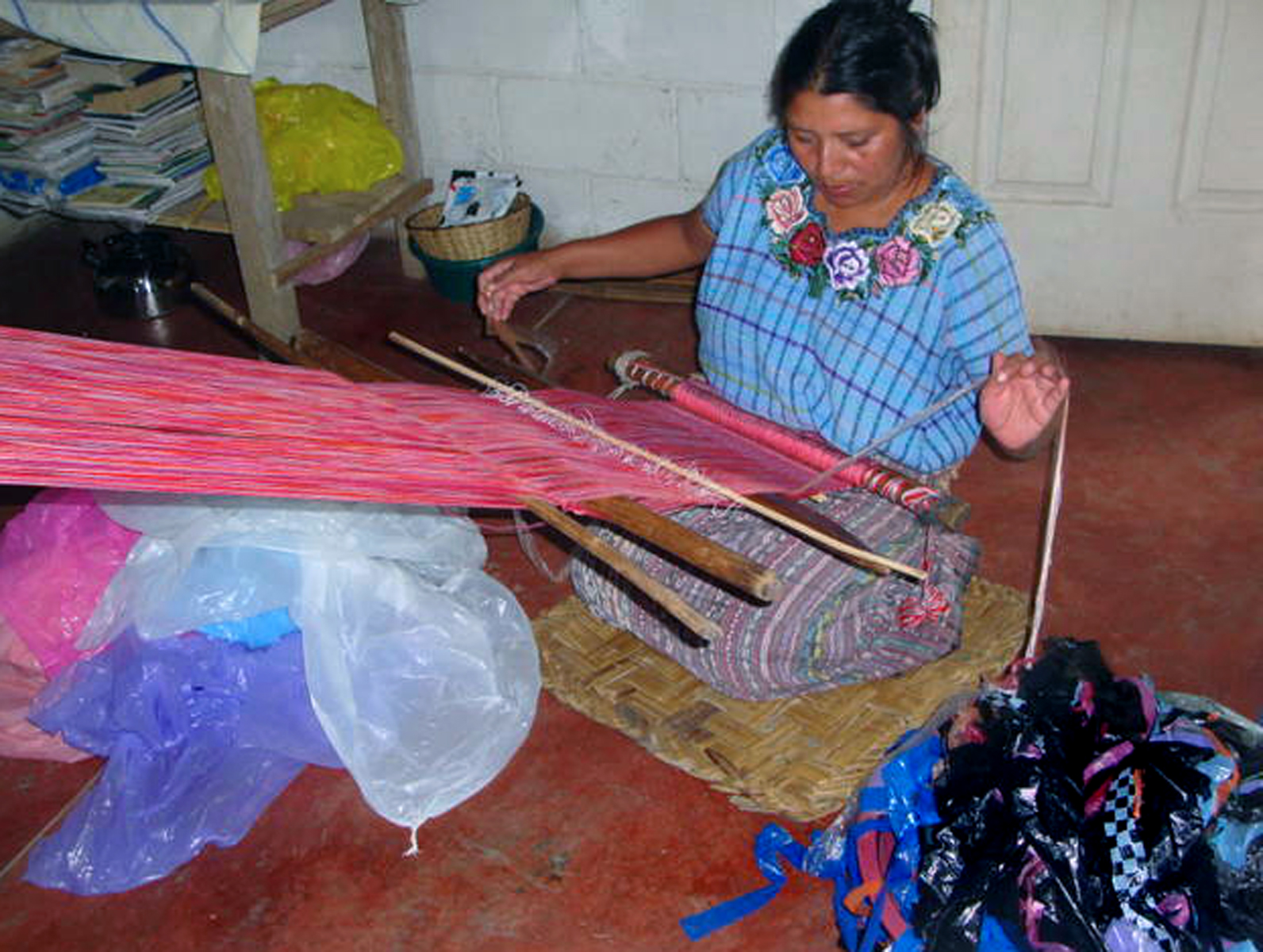
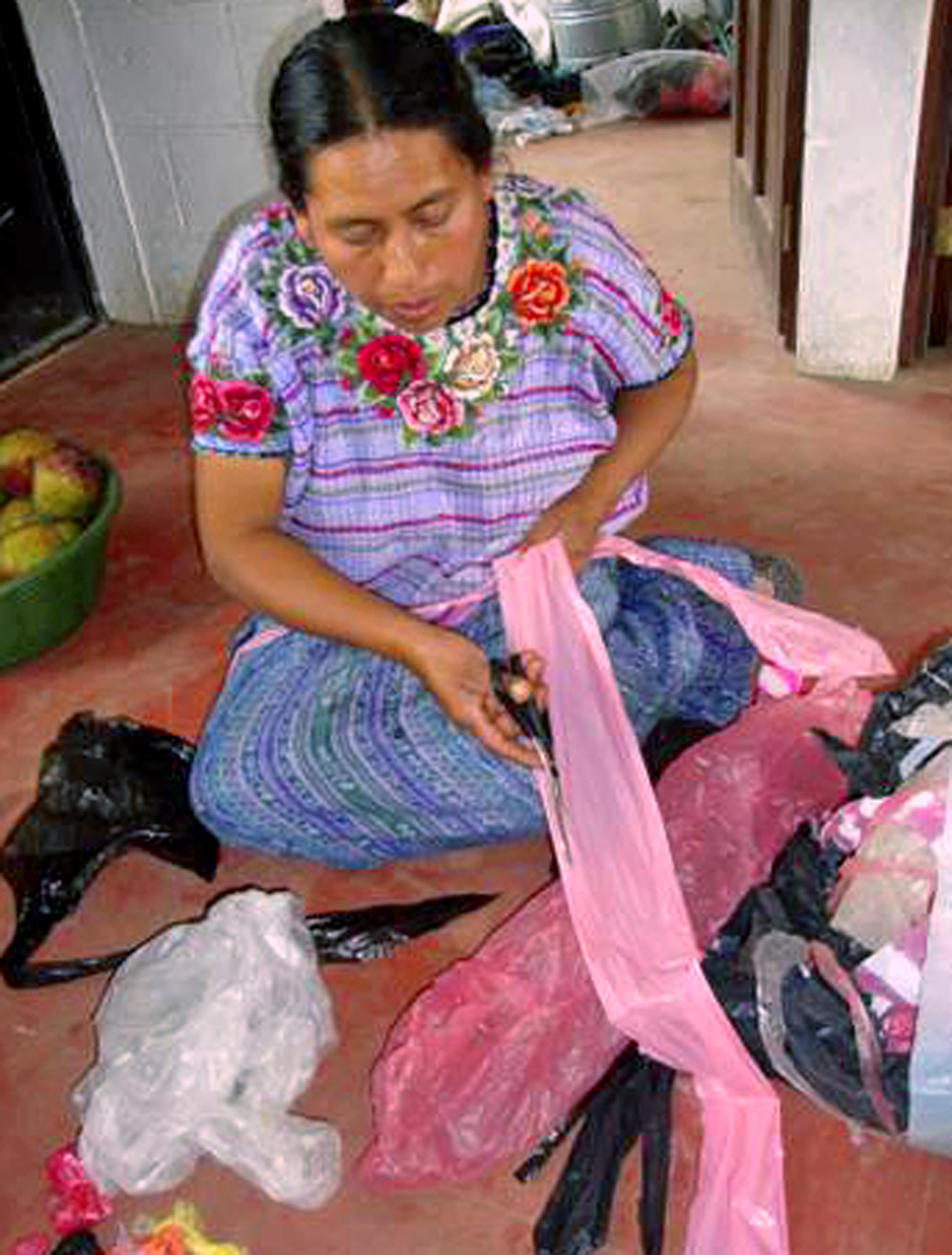
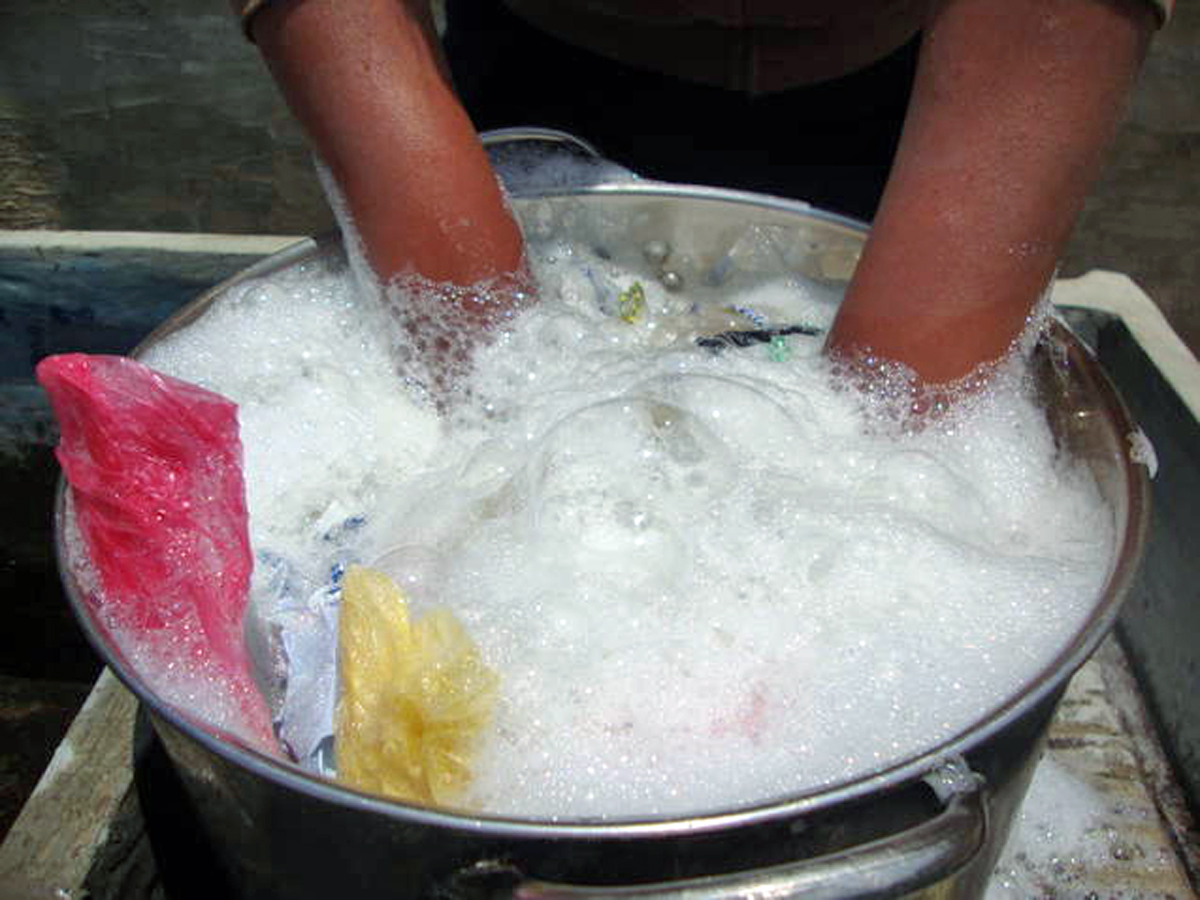



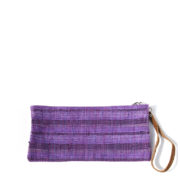
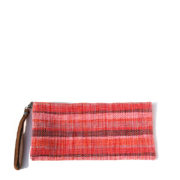
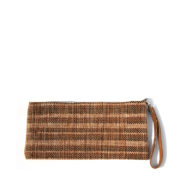
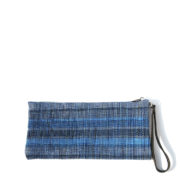
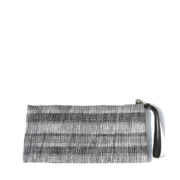

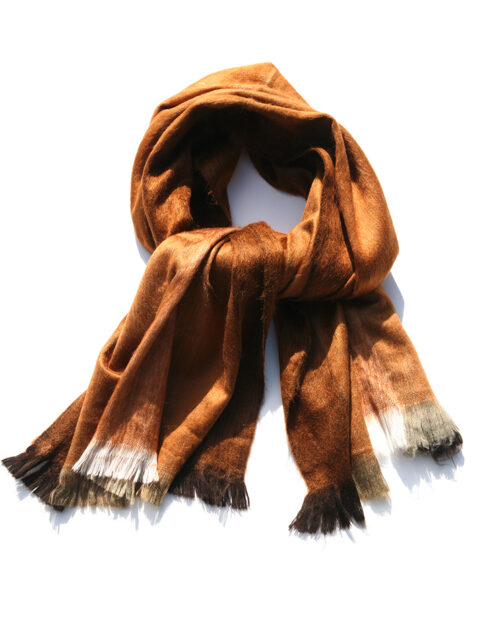
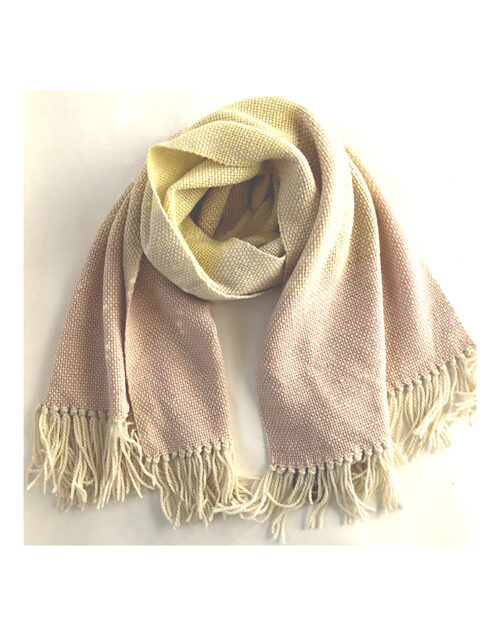
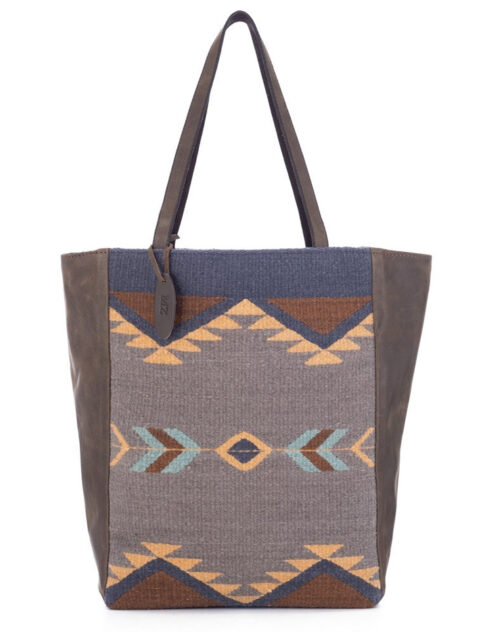

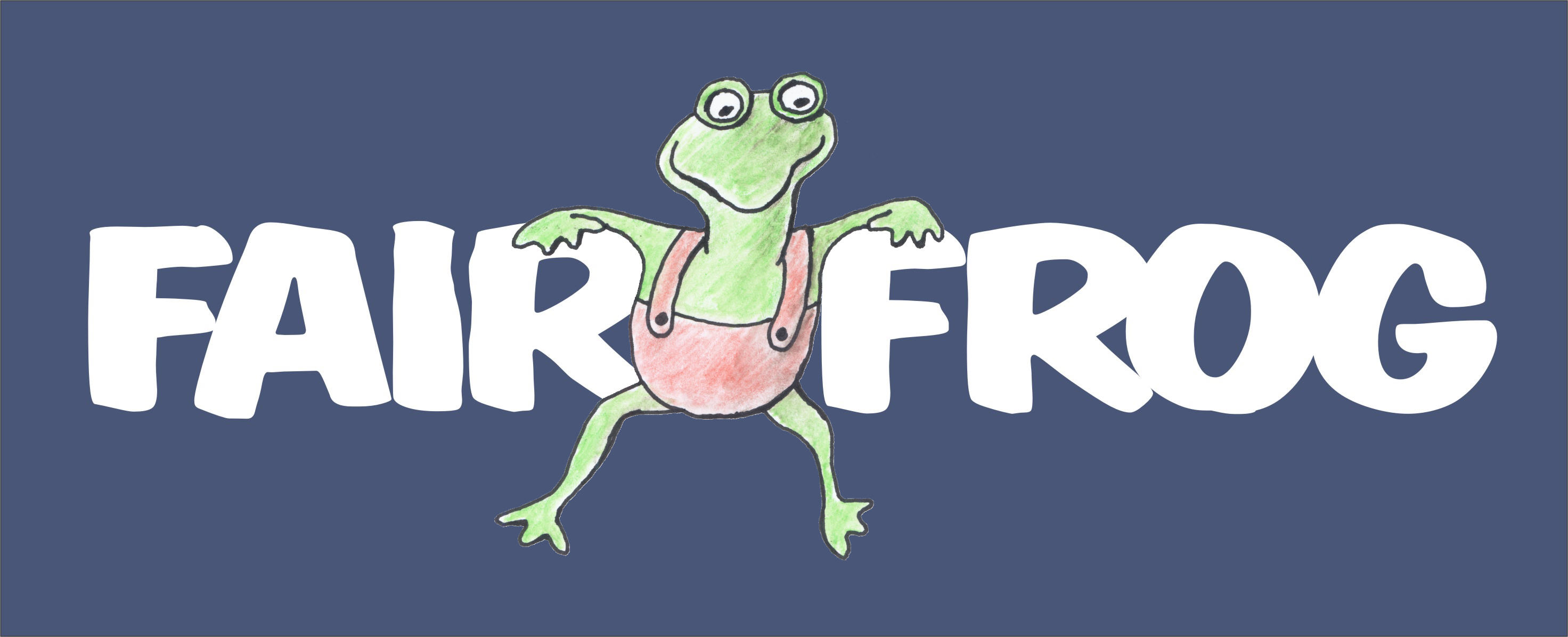
There are no reviews yet.